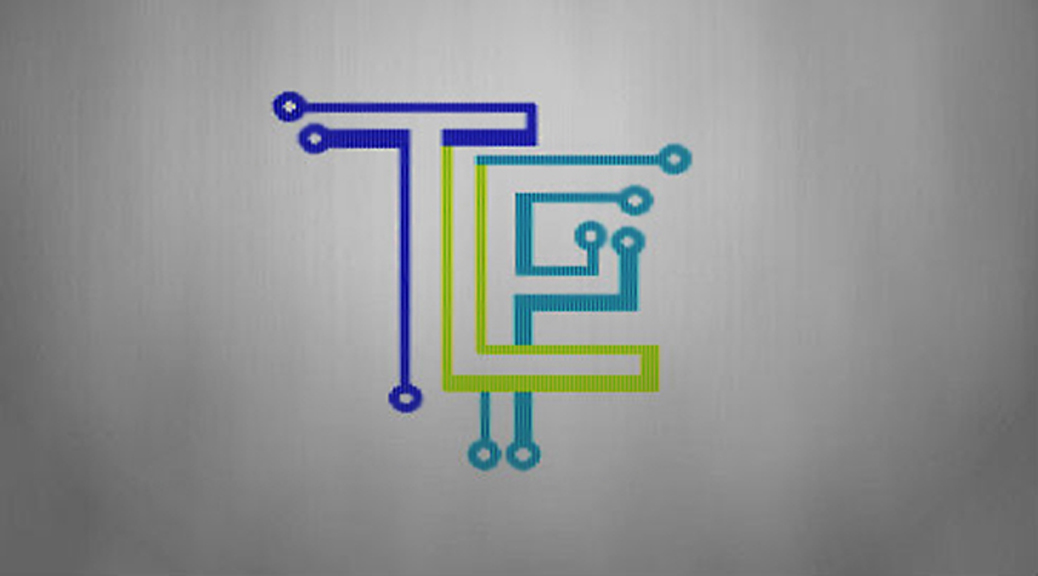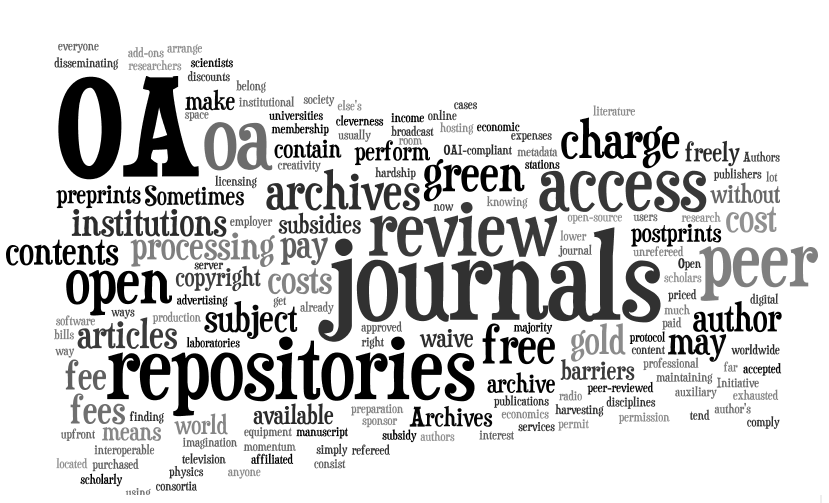1) Facebook’s Internet.Org is a privacy nightmare, Nikhil Pahwa, Medianama. 2) How ICANN pressures net engineers to give it behind-the-scenes control of the web, Kieren McCarthy, The Register. 3) Appearing happy on Facebook may be used against you in a court of law, Amanda Hess, Slate. 4) Online fact checking tool gets a big test with…
Author: Jitesh Anand
Editor's Picks (08/03/2015)
1) Anatomy of a Hack, Russell Brandom, The Verge. 2) Documentary on 2012 Delhi gang rape banned in India, Nikita Doval, Live Mint. 3) Opinion: The FCC’s Net Neutrality victory is anything but, Geoffrey A. Manne, Wired. 4) Facebook post written in Florida lands US man in United Arab Emirates jail, David Kravets, Ars Technica….
Editors' Picks (02/03/15)
1) Defining Offensive: SC reserves verdict on pleas against 66A of IT Act, First Post. 2) Net Neutrality activists score landmark victory in fight to govern the Internet, Dominic Rushe, The Guardian. 3) Snapdeal has just been taken to court for selling vibrators, Manu Balachandran, Quartz India. 4) How the Military will fight ISIS on…
Editors' Picks (17/02/15)
1) The great Internet swindle: ever get the feeling you’ve been cheated? Jon Henley, The Guardian. 2) Google boss warns of ‘forgotten century’ with e-mails and photos at risk, Ian Sample, The Guardian. 3) Can Twitter fix its harassment problems without losing its soul? Rachel Metz, MIT Technology Review. 4) Millions of Facebook users have no idea…
Uber – Into the New Tomorrow
[Image Source: http://flic.kr/p/jyCqcH] The rapid influx of technology has in recent times forced various firms to revamp their respective business models. The taxi industry is no exception. In this blog post, I will discuss the government’s ban on Uber cabs and the issue of its compliance with the IT Act, 2000 or the Radio Taxi Scheme,…
The Curious Case of Academic Journals
One of the prominent ways of ‘decorating’ our Curriculum Vitae (CV) is lacing it up with published research papers or articles in renowned academic journals. Not just students, but also teachers, scientists and academicians prefer submitting their works to noteworthy journals of their respective academic disciplines. In cases of public-funded research, the journals get the…
Facebook’s Acquisitions: A Before and After Comparison of Privacy
For Facebook, it has never been about the profit, but the users. The social network has spent more than $22 billion on acquisitions, which includes $19 billion on WhatsApp exclusively! That is 2000 times the annual revenue of WhatsApp! Other popular acquisitions include Instagram ($1 billion), Oculus ($ 2 billion) and Atlas ($100 million). With…
Privacy on Facebook: An Absolute Prerequisite
[Image Source: http://flic.kr/p/86Q3gF] Social networking websites have taken the Internet by storm in today’s organic society. One such website, Facebook, with over a billion users has often been referred to as the ‘third largest country’ of the world. The rise of Facebook to soaring heights can be credited to first, the intensive monitoring of its users…
A Wolf in Sheep’s Clothing: The Trans-Pacific Partnership
[Image Source: http://flic.kr/p/osRzan] After the scrapping of the ‘Stop Online Piracy Act’ (SOPA) and the ‘Protect IP Act’ (PIPA) in the U.S., one could have been under the impression that the Internet would be free from unadulterated interference by the government. SOPA and PIPA basically gave the government unprecedented powers to shut down any website/blog…
Digital Piracy: Adapt or Deter?
(Image Source: https://flic.kr/p/4LPBEm) (The author would like to thank Swaraj Paul Barooah for his valuable insights.) Let me begin by putting forward a basic question – when was the last time you actually paid to download a song? And trust me, you deserve a pat if your answer is anywhere within the last two years. In…






